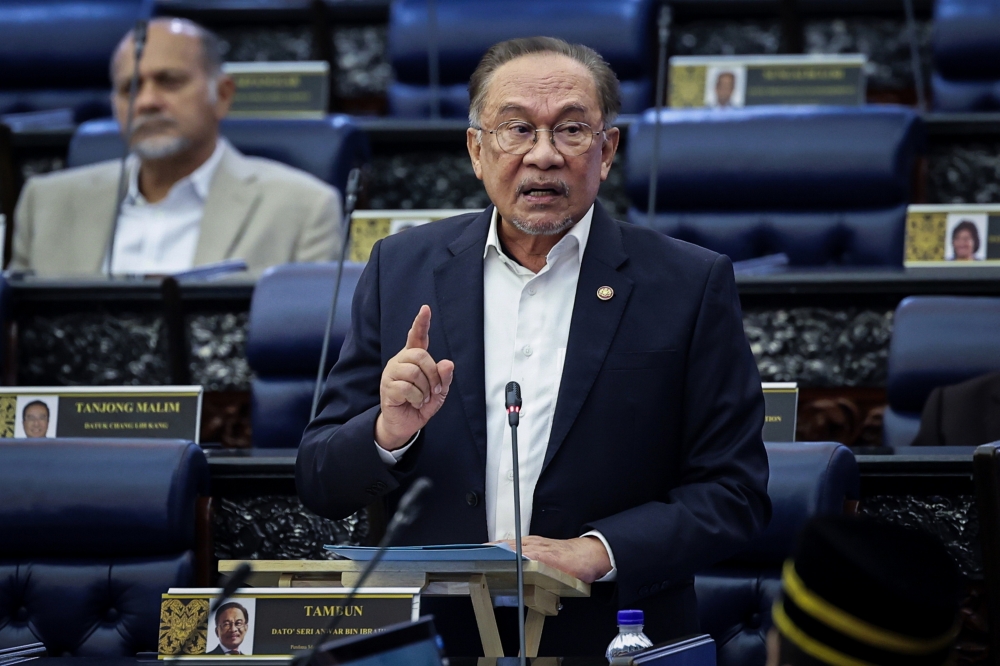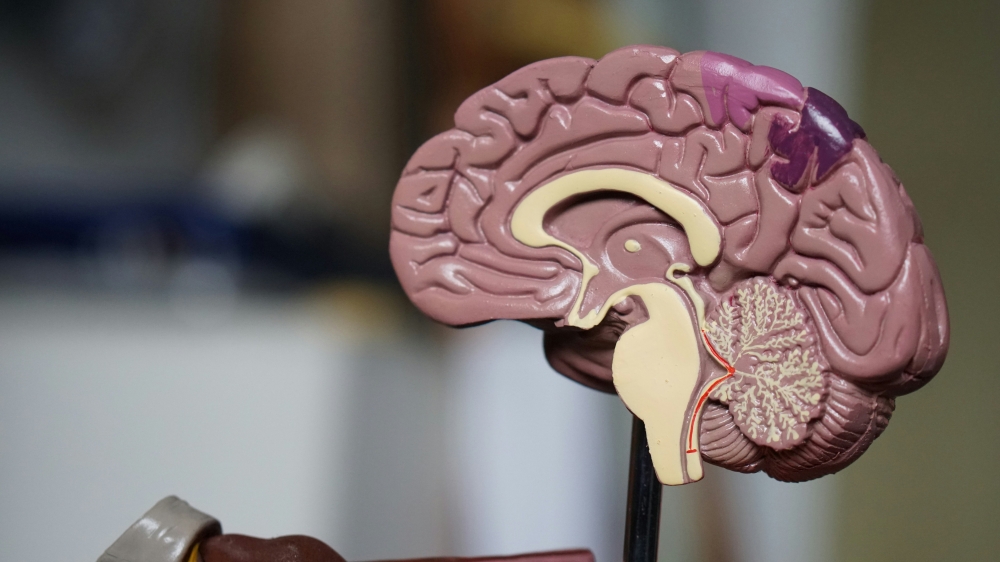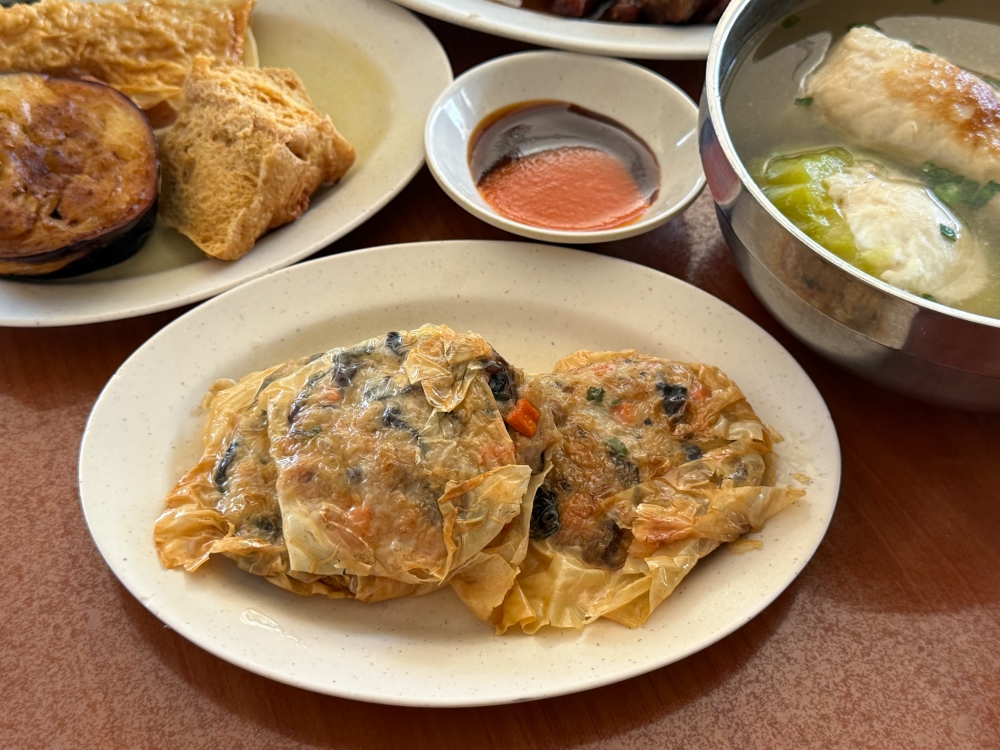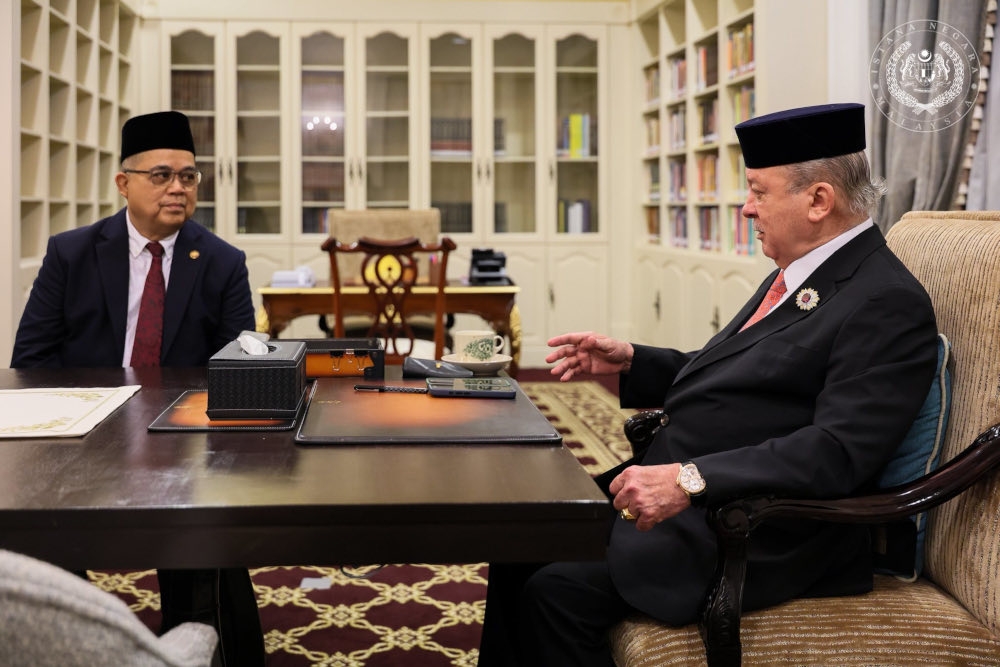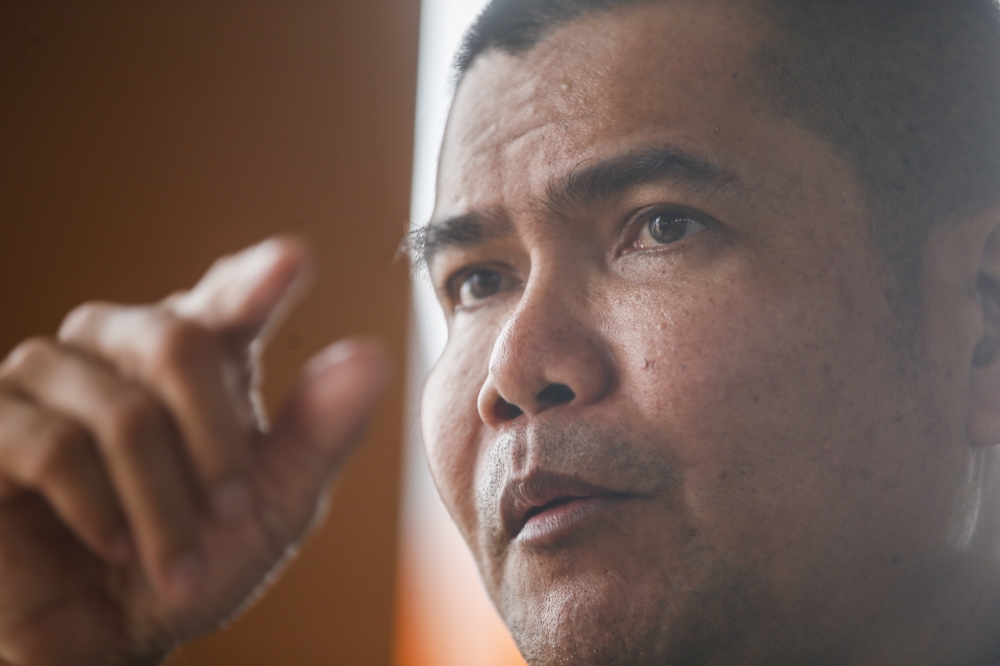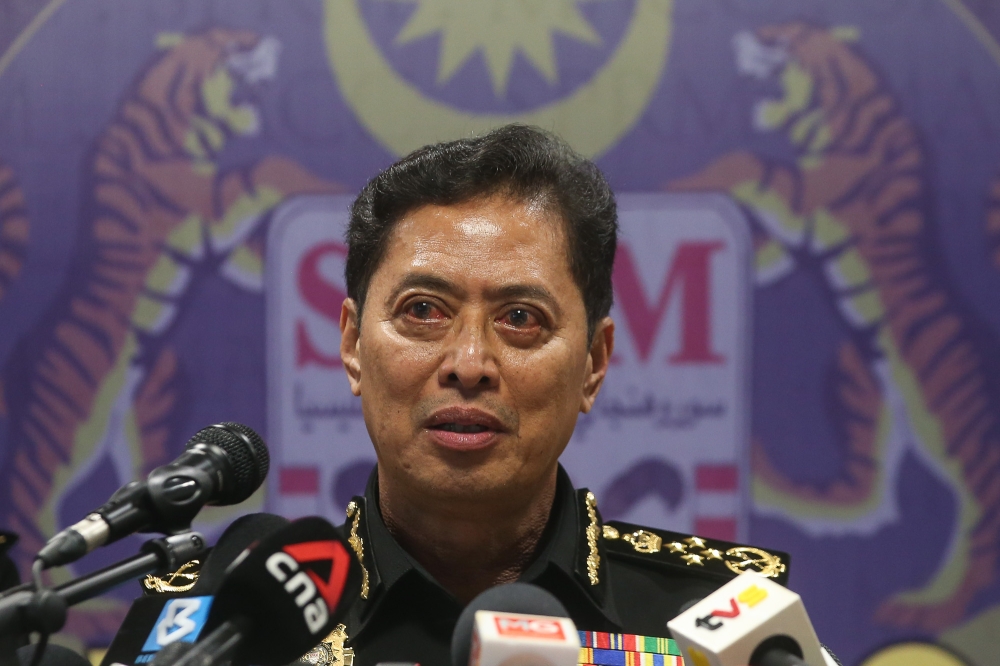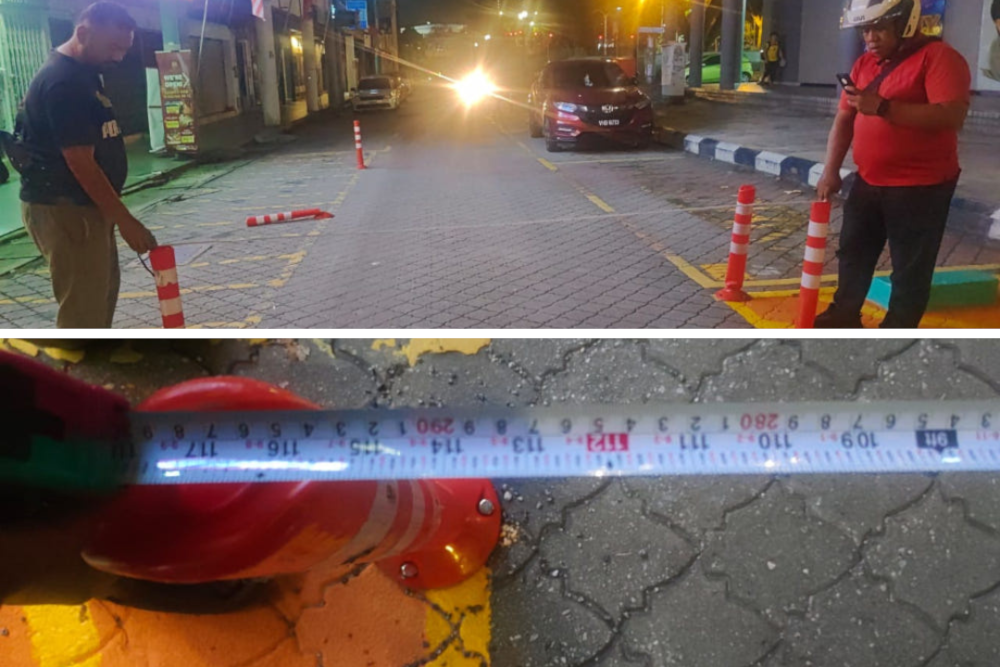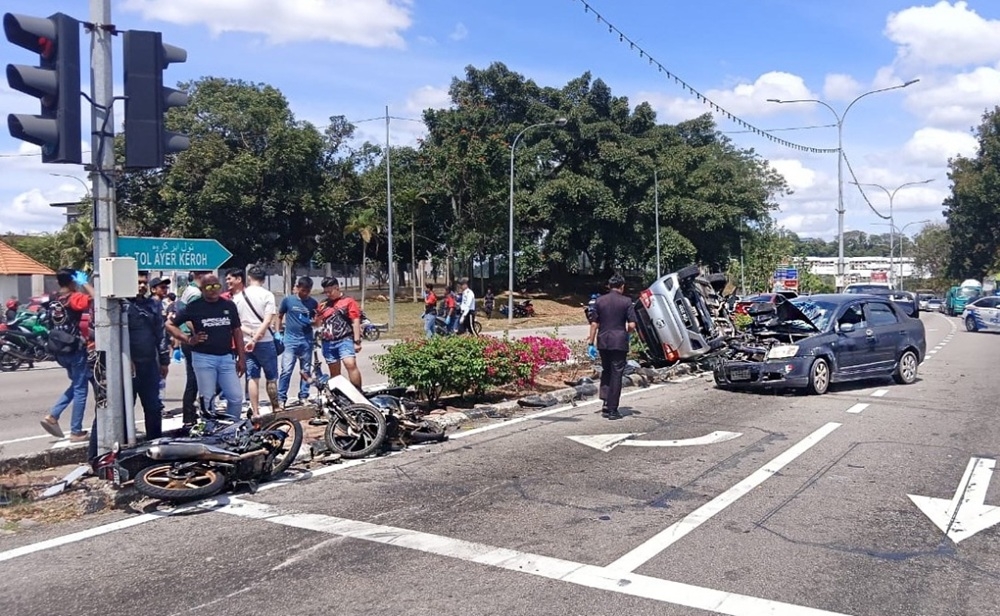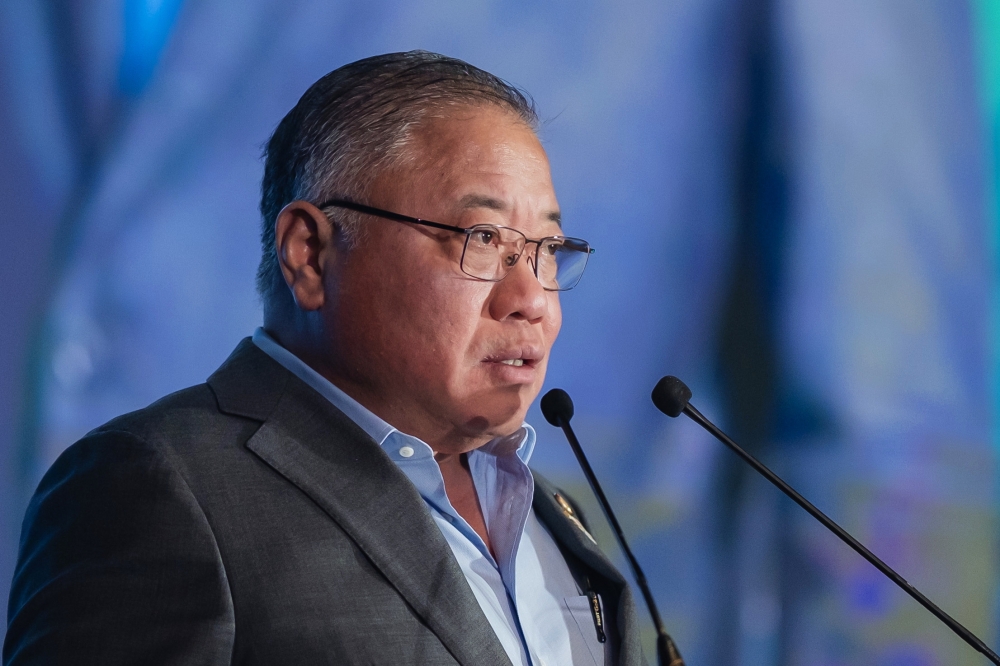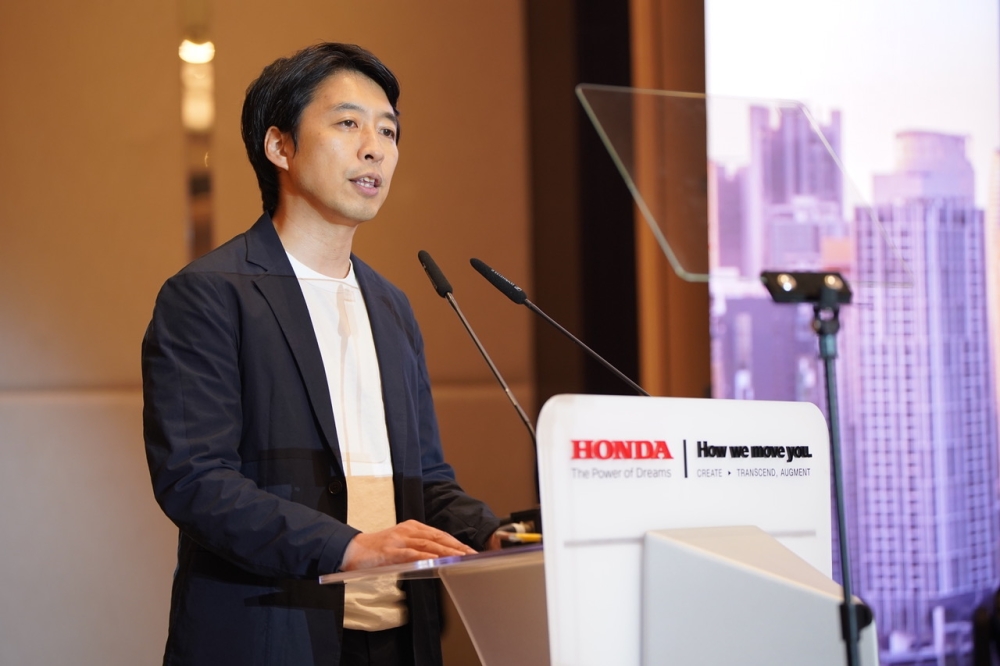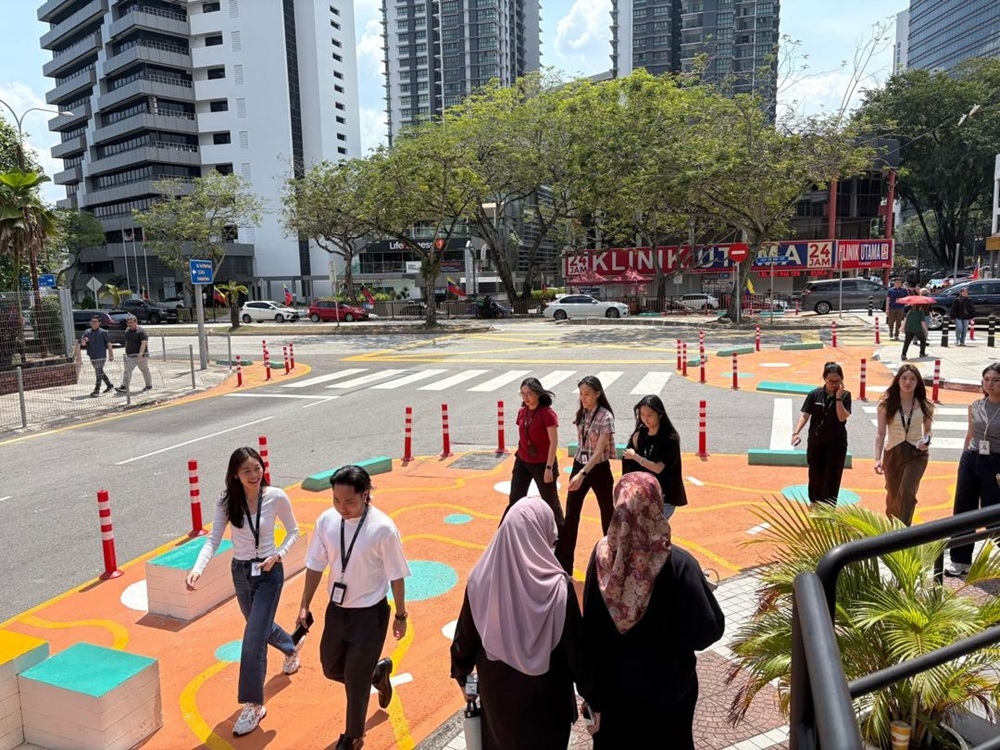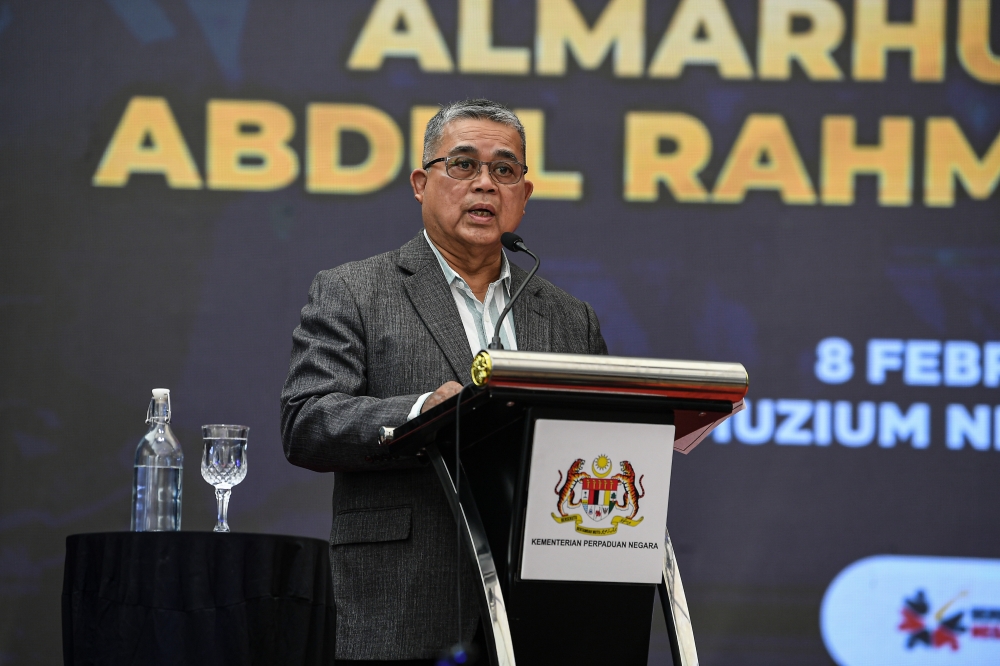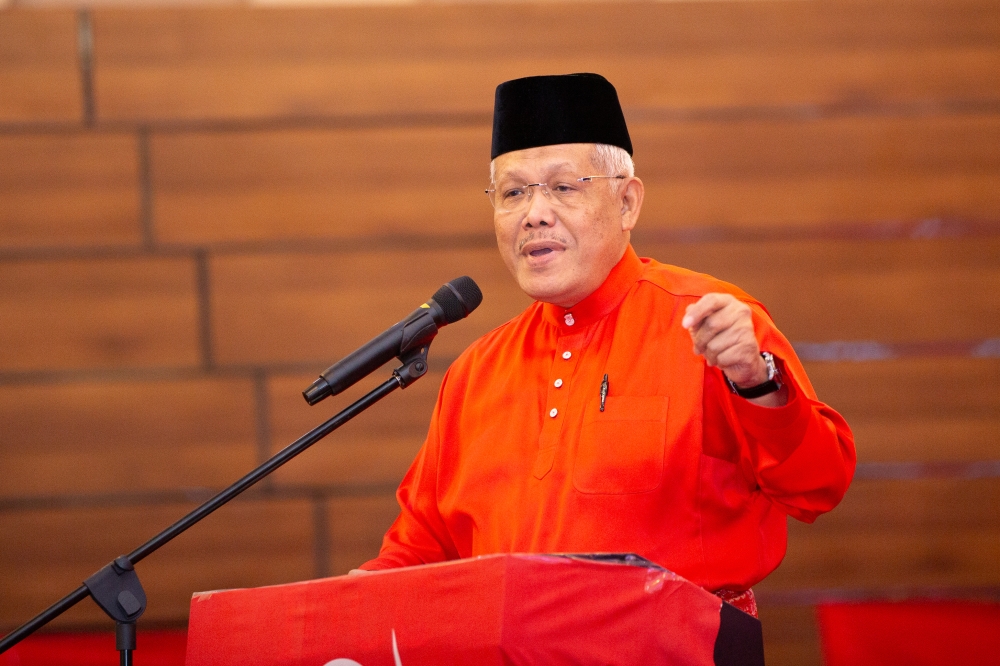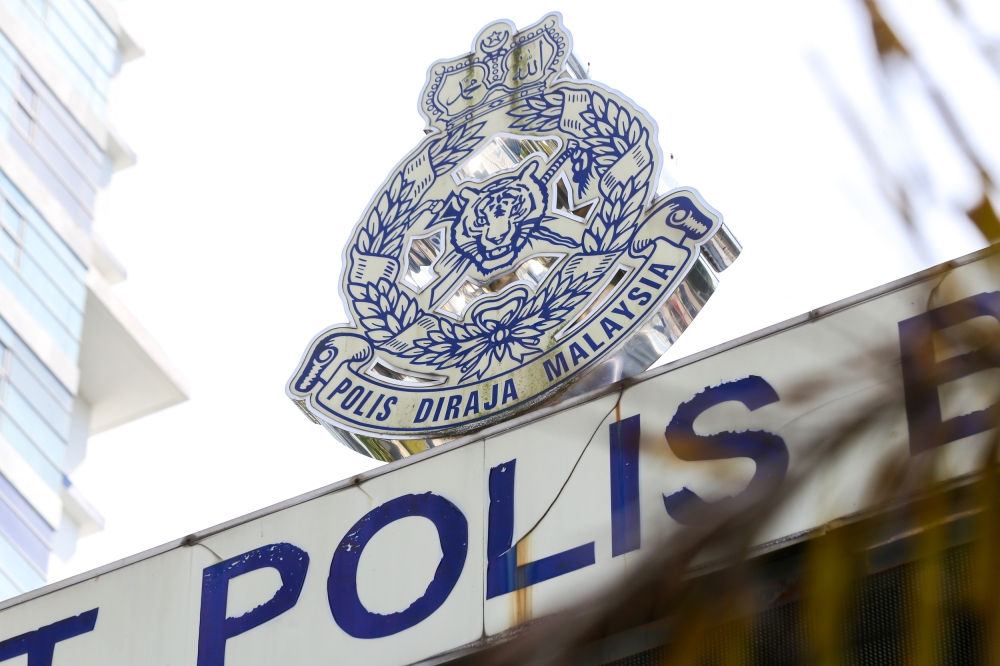DEC 23 — The roots of racial segregation in Nelson Mandela’s South Africa were a divisive legacy of the same European colonial powers that created “plural societies” on opposite sides of a South-east Asian archipelago, partitioned through the Malacca-Singapore Straits.
In much of Asia where the ghost of colonialism’s past has not been fully exorcised, contentious issues that remain include the control of domestic dissent, uneven gross national product rates and incendiary nationalistic disputes over maritime and land claims.
Mandela would have preferred quarrelling factions in any context to treat such differences as a collective problem of the nation’s soul: What are its real divisions and how might they be healed so that social injustice and political inequality do not breed violence?
By contrast, colonialism had predicated itself upon dark arts of divide-and-rule to maintain colonial security: Cultivating strategic local allies and collaborators; sowing discord among local opponents; playing off one local rival against another. It was an essentially mercenary enterprise that invested little emotional energy in forging durable social bonds among its subject peoples.
Unfortunately, such socially-divisive policies have been perpetuated to varying degrees by various Asian governments. They would do well to remember that nation-building must be inclusive of all peoples within their borders. Mandela’s vision of multicultural harmony, underpinned by forgiveness before reconciliation, would be essential for renewing any national covenant.
Mercy trumps judgment
Mandela’s conciliatory gestures towards his erstwhile white captors and tormentors are worth emulating, as when inviting his jailors to his inauguration as President of South Africa or officiating the Afrikaner rugby team’s decisive World Cup final in 1995 against New Zealand by wearing the colours of their jersey.
Asia itself is already home to deep traditions and symbolic acts of forgiveness that may richly substitute for actual recompense, helping to stabilise conflict-ridden societies from Western Asia to the subcontinent and the Korean Peninsula.
Mandela himself appreciated Asia’s tokens of multiculturalism. These included Singapore’s gift of a VIP orchid hybrid named after him, its tawny-hued blooms capturing the glow of his native land at sunset; and Indonesia’s gift of batik clothing, which he popularised at home as “Madiba shirts” and wore throughout the world as his signature outfit.
This was no ordinary fashion statement; it signified for him Indonesia’s multicultural affinity and postcolonial autonomy, epitomised by the 1955 Asian-African Conference at Bandung, which he regarded as inspirational for all peoples opposed to colonialism or neo-colonialism.
During Mandela’s presidency, a creative Truth and Reconciliation Commission was appointed to facilitate informal reconciliation between blacks and whites through a public mechanism: The offenders sought absolution, even as the offended granted pardons.
He recognised how discrimination along lines of race — and increasingly, religion — often proved emotionally and spiritually fraught to the point that no substantive legal settlement might avail.
Mandela’s fatherliness towards the white Afrikaner population was not simply enlightened philosophy. It demonstrated a touch of the divine.
In a eulogy, Ghanaian President John Dramani Mahama noted how Mandela defied the conventional expectation that rage and retribution would overtake post-apartheid South Africa once the black majority regained power; instead, Madiba insisted that one goes to prison to suffer the consequences of one’s rightful beliefs and “it is an achievement for a man to do his duty on earth irrespective of the consequences”.
Laying to rest Asia’s cold war
Asia today has much to forgive also, having been thoroughly implicated in Cold War politics of every permutation long after the European colonial regimes departed the scene.
In Korea and Vietnam, as throughout South-east Asia, families were divided against one another during the prosecution of ideological war. It is to offer caution against the recourse to violence and its consequences that present and future generations must know “what really happened”.
Lost children and permanently alienated families remain potential triggers for both domestic disenchantment and misguided nationalist fervour abroad. While South-east Asia has an ASEAN Community road map for moral guidance, North-east and South Asia have yet to derive their own communities of peace.
Some commentators have highlighted Madiba’s personal failings as a husband and father, together with his inability to groom a line of equally astute successors. But what Asia must draw from Mandela’s legacy is the divine attribute of forgiveness that can transfigure politics — a softly spoken yet potent weapon of final decolonisation. — Today
* Emrys Chew is Assistant Professor of History and Alan Chong is Associate Professor of International Relations at the S Rajaratnam School of International Studies, Nanyang Technological University, Singapore. This is an abridged version of a longer commentary.
** This is the personal opinion of the writer or publication and does not necessarily represent the views of The Malay Mail Online.





